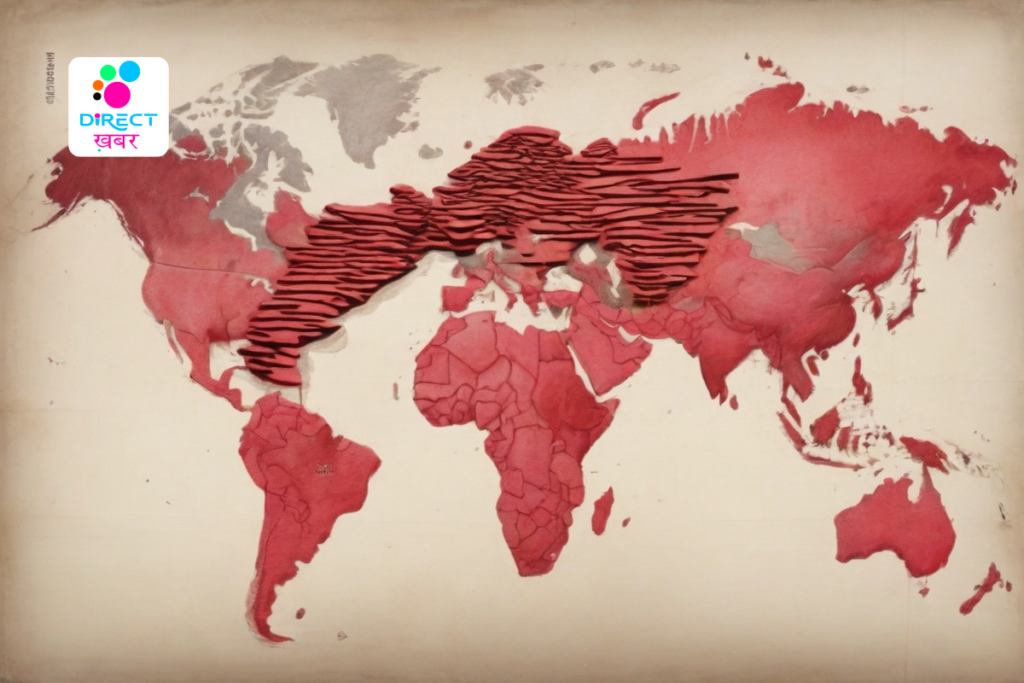Corruption: A Global Phenomenon Explained
Corruption is a ubiquitous issue that affects countries worldwide, transcending geographical boundaries, political systems, and socioeconomic statuses. It manifests in various forms, such as bribery, embezzlement, nepotism, and cronyism, undermining the fabric of societies and impeding global economic development.
Understanding the intricacies of corruption is paramount in addressing its root causes and implementing effective countermeasures. This essay delves into the multifaceted nature of corruption, exploring its global prevalence, underlying drivers, detrimental impacts, and potential solutions.

Global Prevalence of Corruption:
Corruption permeates virtually every corner of the globe, albeit to varying degrees. Transparency International’s Corruption Perceptions Index (CPI) provides valuable insights into the prevalence of corruption by ranking countries based on perceived levels of public sector corruption.
According to the latest global CPI, countries like Denmark and New Zealand rank among the least corrupt, while Somalia and South Sudan fare the worst. However, corruption is not confined to developing nations; even advanced economies grapple with systemic corruption, albeit in different forms.
For instance, while bribery might be rampant in some developing countries, regulatory capture and revolving door practices prevail in others.
Drivers of Corruption:
Numerous factors contribute to the proliferation of corruption on a global scale. Weak governance structures, lack of transparency and accountability, inadequate rule of law, and insufficient enforcement mechanisms create fertile ground for corrupt practices to thrive.
Additionally, political instability, economic inequality, and cultural norms that tolerate or even glorify corruption exacerbate the problem. The concentration of power in the hands of a few elites and the erosion of institutional checks and balances further fuel corruption, perpetuating a vicious cycle of impunity and malfeasance.
Impacts of Corruption:
The repercussions of corruption are far-reaching and profound, affecting various facets of society, economy, and governance. Economically, corruption distorts markets, stifles competition, deters foreign investment, and undermines economic growth.
It diverts global public resources away from essential services such as healthcare, education, and infrastructure, exacerbating poverty and inequality.
Moreover, corruption erodes public trust in government institutions, undermines the legitimacy of the state, and fosters cynicism and disillusionment among citizens. In the long run, it corrodes the social fabric, fosters social unrest, and hampers sustainable development efforts.
Solutions to Combat Corruption:
Addressing corruption requires a multifaceted approach that encompasses legal, institutional, cultural, and societal dimensions. Strengthening legal frameworks and enforcement mechanisms is crucial to holding perpetrators of corruption accountable and deterring future misconduct.
Enhancing transparency and accountability in government processes, including public procurement, budget allocation, and asset disclosure, can help curb corrupt practices.
Furthermore, promoting a culture of integrity, ethical leadership, and civic engagement is essential in fostering a societal norm that condemns corruption. International cooperation and collaboration are also vital in combating transnational corruption, money laundering, and illicit financial flows.

Corruption remains a formidable challenge that demands concerted efforts at the local, national, and international levels. By understanding its root causes, detrimental impacts, and potential solutions, stakeholders can work together to mitigate the scourge of corruption and uphold the principles of transparency, accountability, and good governance. Ultimately, eradicating corruption is not only a moral imperative but also a prerequisite for achieving sustainable development, promoting social justice, and fostering inclusive prosperity for all.
Upholding principles of transparency, accountability, and good governance is fundamental to combating corruption and rebuilding public trust in institutions.
Governments and institutions must demonstrate a commitment to transparency, ensure accountability for wrongdoing, and adhere to principles of ethical leadership.
Eradicating corruption is not merely a policy objective but a moral imperative rooted in principles of fairness, justice, and integrity. Upholding ethical standards and combating corruption are fundamental responsibilities of governments and societies worldwide.
By fostering a culture of integrity and accountability, societies can create conditions conducive to inclusive prosperity, where the benefits of development are shared equitably among all citizens.






